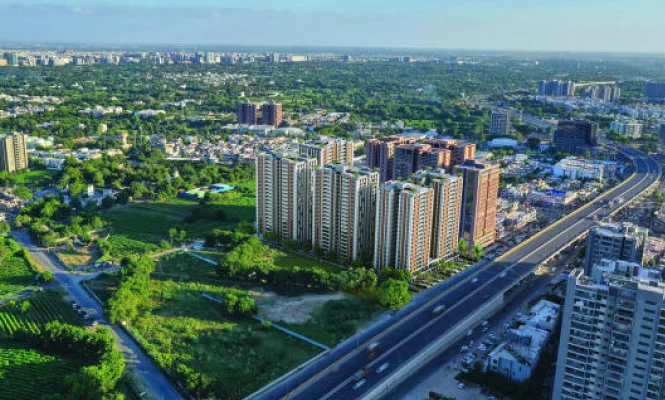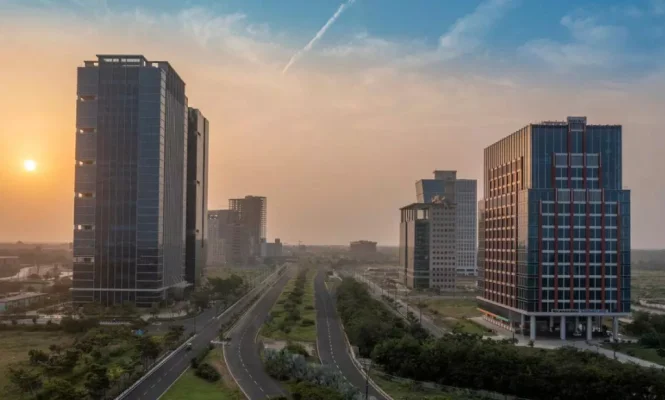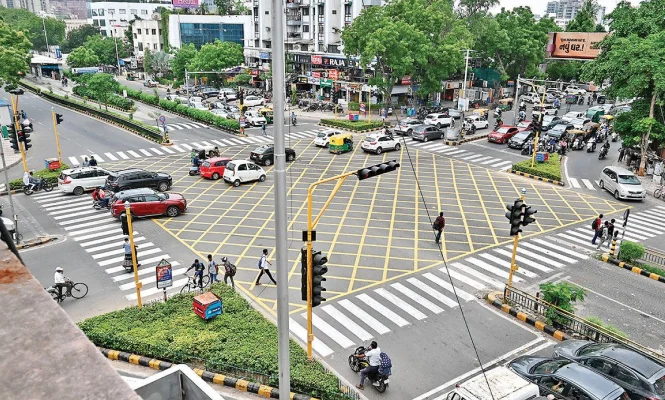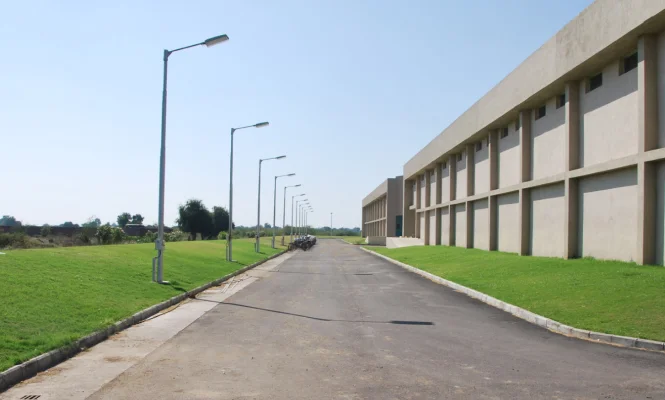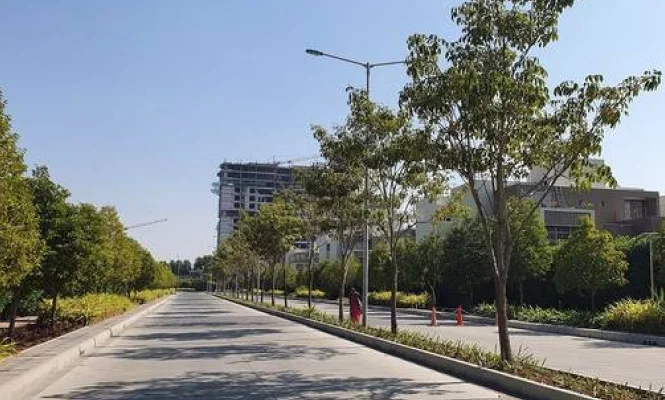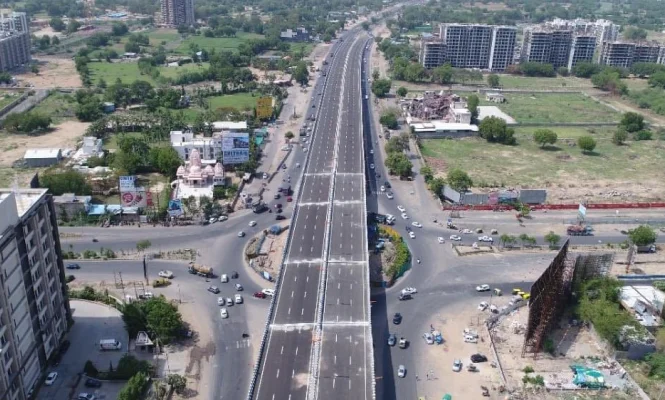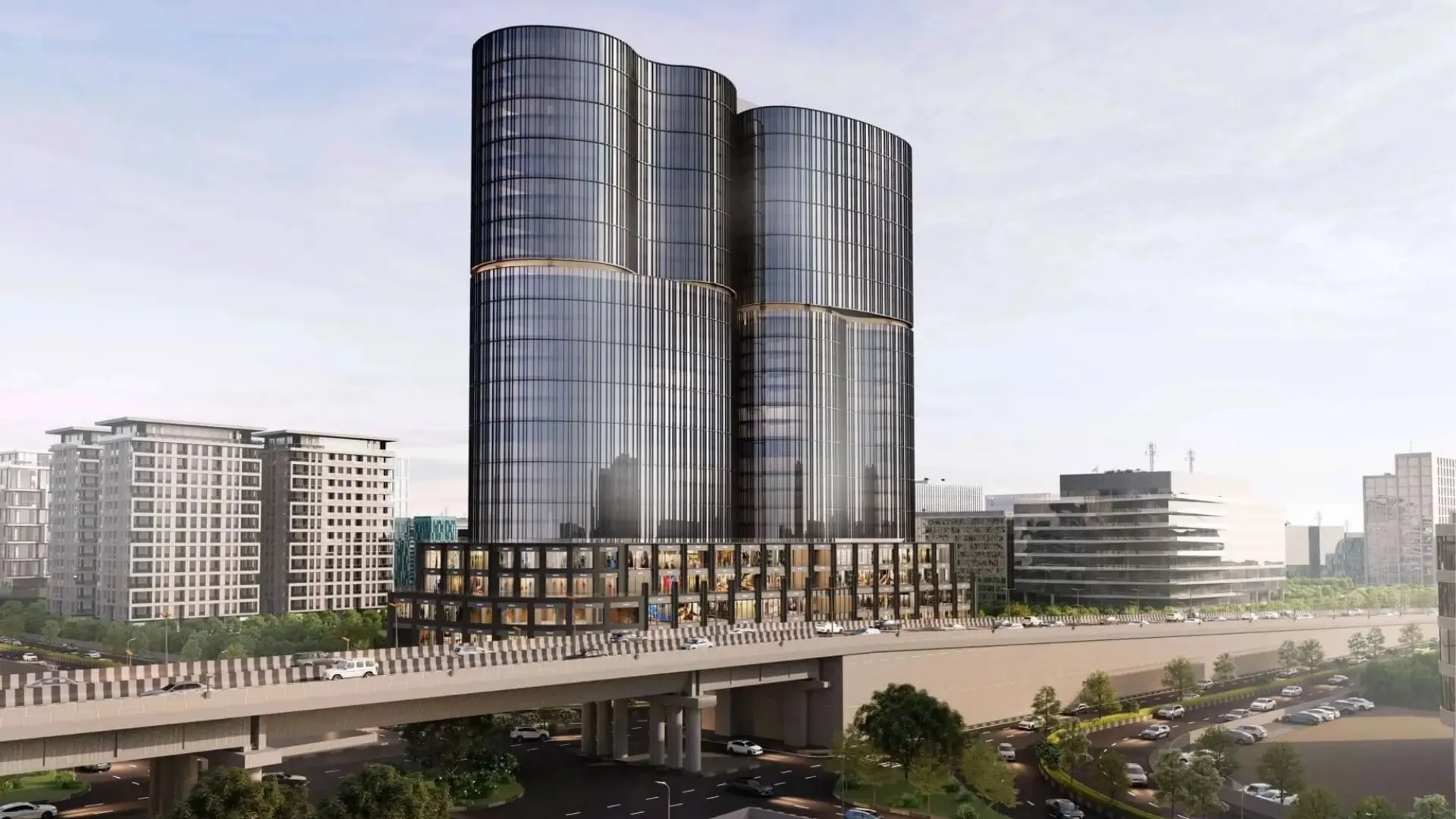Real Estate Market Outlook After the 2024 Indian Elections:Uncertainty OR Optimism?
29 Jun 2024

As India prepares for a new chapter post its 2024 elections, analysts and stakeholders in the real estate sector are keenly observing potential shifts and opportunities that may unfold in the market. The outcome of the elections is expected to influence various facets of the economy, including the real estate landscape, which has historically been sensitive to political changes
Impact on Policy and Regulations
One of the primary areas of interest is the impact on policy and regulatory frameworks governing the real estate sector. Elections often herald new policies aimed at stimulating economic growth and investment. Past trends suggest that changes in government can lead to revisions in taxation, land use policies, and incentives for developers and investors. For instance, reforms that streamline approval processes or incentivize affordable housing could gain traction under a new administration
Investor Sentiment and Market Dynamics
Investor sentiment plays a crucial role in shaping the real estate market post-elections. A stable and business-friendly government is likely to bolster confidence among domestic and international investors, potentially leading to increased capital inflows into the sector. Conversely, uncertainty or policy ambiguity may temporarily dampen investor enthusiasm until clearer signals emerge from the new administration.
Regional Variances and Emerging Trends
Regional dynamics within India's real estate market also merit attention. Metropolitan areas, tier II cities, and emerging urban clusters may experience varying impacts based on local economic conditions and infrastructure development. For example, cities with robust industrial growth or strategic infrastructure projects could witness heightened demand for commercial and residential properties.
Impact on Rural Growth and Development
A significant factor shaping the post-2024 Indian real estate market outlook is the anticipated emphasis on rural growth and development. The introduction of new farmer incentives and increased allocation of funds towards rural infrastructure is expected to catalyze substantial economic expansion in historically underserved regions. Improved connectivity, healthcare facilities, and educational institutions are poised to enhance local living standards and drive demand in the real estate sector. This strategic governmental focus not only stimulates economic activity but also presents opportunities for real estate developers to engage in affordable housing projects and mixed-use developments, particularly in burgeoning rural markets.
Additionally, tier-3 cities are poised to experience the highest land price appreciation in the next 2-3 years. These cities, often characterized by lower property prices and untapped potential, are expected to attract increased investment due to their growing infrastructure, expanding job opportunities, and improving connectivity. As urbanization spreads beyond major metropolitan areas, investors and developers are likely to capitalize on the growth prospects offered by these cities, further bolstering their real estate markets. This trend aligns with broader efforts towards decentralization and balanced regional development, contributing to a more inclusive economic growth trajectory across India.
By integrating rural development initiatives into broader economic strategies, stakeholders can anticipate a balanced growth trajectory across India's diverse economic landscape. Monitoring policy announcements and economic indicators post-election will be crucial as these initiatives are expected to influence investment decisions and market dynamics, reinforcing a comprehensive vision for sustainable and inclusive growth aligned with global trends towards equitable urban-rural development frameworks.
Technology and Sustainability Trends
Beyond policy and economic factors, technological advancements and sustainability imperatives are shaping the future of real estate development in India. Innovations such as smart cities, green buildings, and digital platforms for property transactions are gaining momentum. The post-election period presents an opportunity for policymakers and industry leaders to align these trends with broader economic goals, fostering a more resilient and sustainable real estate ecosystem.
Conclusion
In conclusion, while the outcome of the 2024 Indian elections introduces a degree of uncertainty, it also presents an opportunity for stakeholders in the real estate sector to adapt, innovate, and capitalize on emerging trends. By closely monitoring policy developments, leveraging technological advancements, and maintaining a forward-looking approach, the industry can navigate challenges and harness new opportunities for growth and development.
References:
- Economic Times – "Impact of Elections on Real Estate Market"
- Livemint – "Policy Changes and Real Estate Sector"
- Knight Frank India – "Market Trends and Outlook Reports"
This article provides a snapshot of the anticipated impacts and strategies for the Indian real estate market post the 2024 elections, drawing insights from current analyses and expert opinions in the field.
Created By: Shivalik Institute of Real Estate Author: MR.Harsh Gosalia (Experts Co-Ordinator, SIRE)










